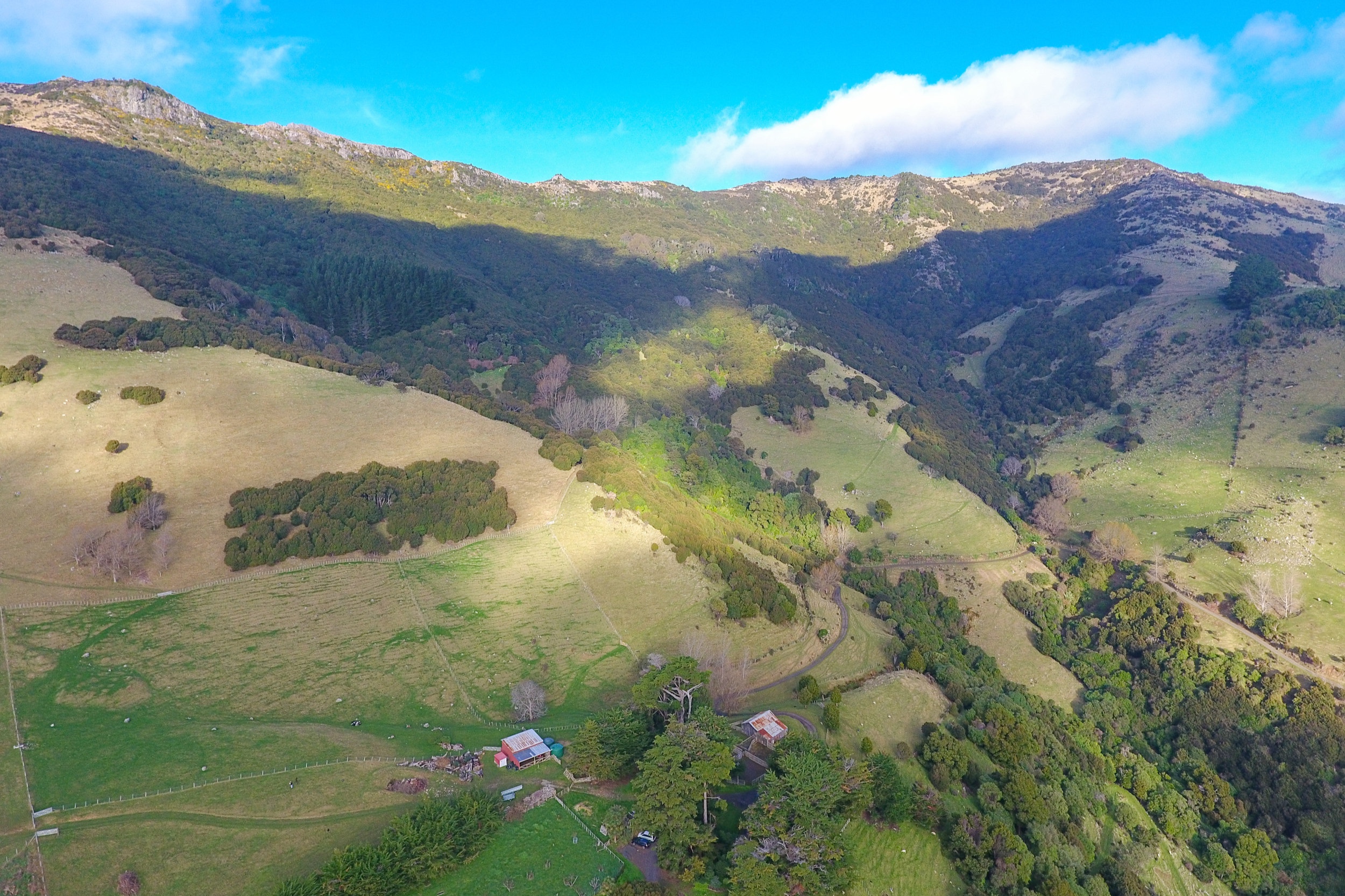Introducing carbon farming services
All our industries are under pressure to reduce carbon emissions as New Zealand transits into a low emissions economy to combat climate change. We’ve developed a carbon farming service that applies strategic solutions to reduce farm level carbon footprints while retaining economic growth and other fundamental business objectives.
Using a drone to survey a property’s potential for carbon farming. With the drone, we obtained an updated land model, assisting in the determination of forestry eligibility under the Emissions Trading Scheme, while gaining insight in new areas applicable for forestry.
Climate Change. We can barely escape these two little words that represent such a phenomenon that is practically glued to our eyeballs and ears daily, from one TV to the next newspaper to the next magazine, making sure it’s been the topic of hot discussion of the 21st century. What is the reason for this global epidemic of the climate change slur, the global warming jabber, or greenhouse gas spiel? The dramatised imagery of the doom and gloom of sea level rise while we scramble like ants to higher ground may be slightly farfetched, but we know, without action, the short answer is a global dilemma significantly impacting our human and ecological systems.
Where do we sit as farmers in this model of required change? New Zealand’s agriculture emits 48.5% of New Zealand’s greenhouse gas emissions (MPI, 2018). Recent political action to diminish these statistics came about in May 2019 when the New Zealand Government introduced the Carbon Zero Bill, which requires agriculture as an industry to achieve a 10% net reduction in greenhouse gas (GHG) emissions below 2017 emission levels by 2030, and a net reduction of methane within a range of 24-47% below 2017 methane levels by 2050.
The AgriBusiness Group have recognised the importance of assisting farmers through this carbon reduction hurdle that will be hitting our industry with policy in short years to come. As a result, we’ve developed a carbon farming consultancy service that applies strategic solutions at reducing farm level greenhouse gas emissions while retaining economic growth and other fundamental business objectives. Like all our services, their inception has come from a passion to instil positive change and create successful outcomes in agriculture industry.
To us carbon farming does not mean properties will convert to a tree hugger’s dream where the last lamb is shipped off and the last pine tree is planted by an owner with an accent, in fact quite the opposite. Our philosophy is comprehensive in its offerings yet holds a simple approach – every farm has its own niche model of needs that will determine how you will tackle your greenhouse gas reduction requirements. Tree planting, point source mitigation, manure management, land use diversification and building soil carbon are some our answers.
Carbon sequestration through tree planting is the most effective remedial action that will reduce our global climate change vulnerability, but it’s important to balance this with mitigating the emissions at point source. This does not mean full scale conversion of farms. The New Zealand Government is serving up financial incentives on a plate with available grants such as 1 Billion Trees that are only applicable to landowners wanting to portion some of their farm’s to forestry, native or exotic, would you like caviar with that? The opportunity to create some diversity in our revenue portfolios as farmers is exponential.
It’s become apparent that in a lot of rural communities, carbon farming with forestry is associated with a negative paradigm, leaving a bad taste in our mouths of “death by trees” with an image of a land demised by radiata. Converting small areas of unproductive land on individual farms on a large scale is the target goal here, particularly in areas that will most benefit from land use change to forestry i.e. hill country and erosion prone zones. Keep the productive areas in pasture!
Steep and unproductive land areas hold lucrative value as forestry planting sites.
The complimentary benefits of diversifying land use are incredibly lucrative and beneficial: timber production, carbon crediting, honey, conservation, tourism, and all in the good nature of assisting in carbon neutralisation while maintaining rural status. Lower carbon farms increase in value as they become tradable off-setters in the Emissions Trading Scheme (ETS) and associated “clean green” amenity values that international markets are eyeballing. Sustainability branding increases the value of products in today’s current market trends and there’s additional opportunity in low carbon product endorsement. Exposure to international markets allows us to capitalise and respond to consumer demand for food that is sustainably produced.
For the higher valued flat land farms, tree planting eligibility into the ETS will likely become easier as the plan sets to include other forms of carbon sequestration already on farm i.e. riparian, shelter belts etc., but other carbon farming options are an important tool for the farmers belt. Point source solutions based around reducing stock numbers, feed and nutrition, reducing fertiliser use, managing effluent efficiently, genetic and breeding modification, and increasing soil organic matter and soil carbon content are important. These are all included in our carbon farming service model. If we can prove to reduce stock numbers and costly resource inputs while finding ways of retaining production as a shift then we have achieved something remarkable, and it’s proven to be possible. There are excellent examples of dairy farming entities in Canterbury that have lowered stocking rates and inputs while producing the same quality and quantity of milk solids production.
It’s about changing that mindset to becoming proactive and finding pragmatic solutions to these possibilities, something New Zealand farmers are so incredibly good at doing! We’ve seen examples of this within the water quality hurdle and the huge efforts farmers have given. Shifting a production model to produce less with a greater value is an intelligent solution to tackling environmental requirements and retaining economic demands.
Taking proactive steps now by reducing carbon emissions on farm is a cost beneficial step to securing a future in sustainable farming. Without knowledge on carbon farming, it would be understandable to feel negative towards the situation at hand with new policy. Developing the knowledge of how your business can include carbon farming practices is the first step towards protecting, enhancing and adding value to the future of your farm and the industry as a whole. As a global leader in agriculture, it’s important we encourage, educate, and provide that leadership and broadcast the possibilities in the sustainable agriculture space that are essential for our economy, our environment and our communities.
If you are interested to learn more about our carbon farming services, contact Sam Mander.
Check out the carbon farming seminars we organised for the Canterbury Mayoral Forum for more information and the excellent speakers’ presentations on video from scientists and other farmers with experience in carbon farming.













